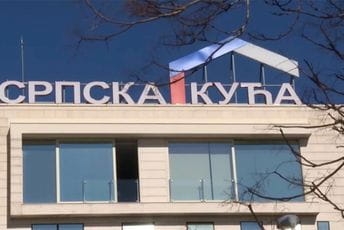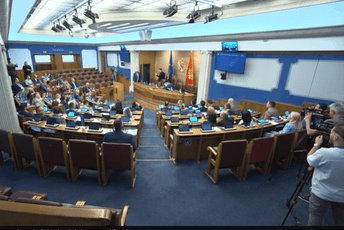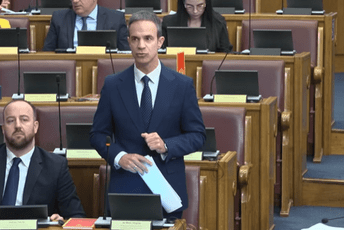The Rule of Law Council of Montenegro analyzed the European Commission’s informal working document (non-paper) containing an assessment and recommendations for improving the judiciary and anti-corruption efforts, which are key for Chapters 23 and 24 in EU accession negotiations. The need for urgent implementation of recommendations was emphasized, including constitutional amendments, strengthening judicial capacities, combating organized crime and corruption, and preserving institutional independence. The Council highlighted significant progress in implementing previous conclusions but also the need for systemic solutions to staffing and spatial capacity shortages in courts and prosecution offices. This process is crucial for accelerating Montenegro’s European integration.
Political Perspectives:
Left: Left-leaning outlets emphasize the importance of judicial reforms and anti-corruption measures as essential for protecting human rights and democratic governance. They highlight the need for systemic changes and criticize any delays in implementing EU recommendations, viewing them as crucial for Montenegro’s progress towards EU integration and social justice.
Center: Center-leaning sources focus on the technical and procedural aspects of the reforms, acknowledging progress made while stressing the importance of continued efforts to meet EU accession criteria. They present the Council’s analysis as a balanced assessment, emphasizing cooperation among institutions and the urgency of constitutional amendments to fulfill obligations.
Right: Right-leaning media tend to stress sovereignty concerns and the pace of reforms, sometimes questioning the extent of external influence from the EU. They may highlight the challenges faced by the judiciary and the need to protect national interests while cautiously supporting anti-corruption efforts. The narrative often includes calls for pragmatic implementation without compromising national legal traditions.


















